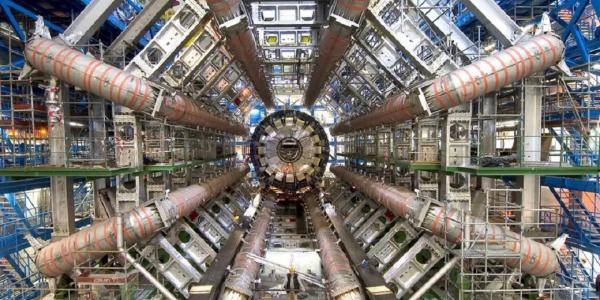Quantum Science Seminar with Nicole Yunger Halpern on A tale of two disciplines
Why do chaotic quantum many-body systems thermalize internally? The eigenstate thermalization hypothesis (ETH) explains why if the Hamiltonian lacks degeneracies. If the Hamiltonian conserves one quantity ("charge"), the ETH implies thermalization within an eigenspace of the charge—in a microcanonical subspace. However, quantum systems can have charges that fail to commute with each other and so share no eigenbasis; microcanonical subspaces may not exist. Worse, the Hamiltonian will have degeneracies, so the ETH need not imply thermalization. We adapt the ETH to noncommuting charges by positing a non-Abelian ETH and invoking the approximate microcanonical subspace introduced in quantum thermodynamics. We apply the non-Abelian ETH in calculating local observables' time-averaged expectation values. In many cases, we prove, the time average thermalizes. However, we find anomalous corrections to thermal predictions under a physically reasonable assumption. This work bridges the ETH, a cornerstone of many-body physics, to noncommuting charges, recently a subject of intense activity in quantum thermodynamics. [1] Murthy, Babakhani, Iniguez, Srednicki, and NYH, Phys. Rev. Lett. 130, 140402 (2023). https://doi.org/10.1103/PhysRevLett.130.140402 [2] Majidy, Braasch, Lasek, Upadhyaya, Kalev, and NYH, Nat. Rev. Phys. 5, 689-698 (2023).
This lecture was made possible by the William C. Ferguson fund.

